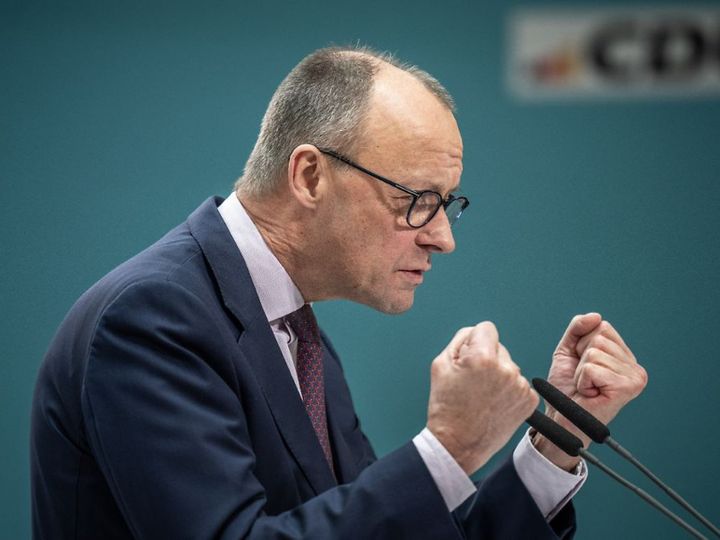by Ashok Krish and Rashmi Bhaskar Mukherjee*
The COVID-19 pandemic has blurred the division between our work and family lives, and shifted what we value. It has also fundamentally reshaped our relationship with institutions including healthcare, the government and employers. This new reality requires a new approach from leaders. Increasingly, employees are challenging systems that have traditionally governed the workplace, such as presenteeism, heirarchical management and performance assessment.
Here are five ways leaders can reframe their approach in a post-pandemic world.
1. The individual as a whole
Leaders need to work with ‘the individual as a whole’. An employees’ work persona is just one part of their wider life experience, embedded deeply within the community and wider society. Leaders must shift their mindset to acknowledge that employees’ experience goes beyond work. They must focus on designing holistic policies, structures and systems that are fluid and contextual.
We have seen some good examples of this. During the pandemic some organizations recognised the strain experienced by employees with children during the school break, when holiday camps were not an option. They sponsored activities such as art classes for young children during employee ‘prime time’. These organizations were not only creative in getting the best out of their employees during the most productive periods of the day, but also inclusive as they acknowledged their lives outside work.
2. The leader as a sociologist
There are lessons to be learnt from the ‘great resignation’. A recent survey of over 30,000 workers conducted by Microsoft found that 41 percent were considering quitting, rising to 54 percent among younger workers. To counterbalance this wave of dissatisfaction, organizations will need to develop fluid structures that are democratic, agile and versatile. Executives – particularly Chief Human Resource Officers (CHRO) and Chief Experience Officers (CXO) – should draw upon solutions outside of their usual disciplines, looking to sociology and systems thinking.
3. Psychological safety, well-being and motivation
The role of leadership is to create psychologically safe spaces for employees to be able to speak freely and bring their whole selves to work. Studies have highlighted the unprecedented level of stress and burn-out for employees during the pandemic. Ensuring employee well-being is particularly important and challenging when staff are working remotely or in hybrid work schedules, according to Amy Edmondson, Professor of Leadership and Management at the Harvard Business School.
“We now have to work a little harder to share what we’re thinking, to ask questions,” she says, adding that there is now a need to be “deliberate” in amplifying voices in distributed working scenarios.
4. Equitable experiences
Leaders are responsible for making sure that employees have equal access to opportunities at work. Technology platforms can play a significant role by providing similar access to tools and features, but leaders need to go further. True equity is about creating conditions that generate similar outcomes for diverse individuals – irrespective of levels, backgrounds and social status.
It is a well-known fact that women have been disproportionately impacted by the pandemic. In a recent survey of North American female employees, one in four women said they were thinking about reducing or leaving paid work due to the pandemic, citing company inflexibility, caring responsibilities and stress.
5. Insight over data
Organizations often have access to plenty of data, but still lack insight when it comes to valuing intangible assets, such as reputation, human capital, and intellectual property. This is an area where leaders need to rethink what they measure. As Donella Meadows, the renowned systems thinker, said: “we value what we measure”.
For example, investments in mental health initiatives alone are not a measure of effective well-being systems. Instead, we need to measure the extent to which the initiatives are being used by individuals who need them.
A remarkable feature of the pandemic has been the focus on these intangible assets, that are by definition harder to measure. These will be key when it comes to acquiring and retaining talent, and account for as much as 85% of the total business value across industries.
*Global Head, Digital Workplace, TCS and Director, Experience Reimagination & Future of Work, Digital Workplace, TCS UKI
**first published in: www.weforum.org




 By: N. Peter Kramer
By: N. Peter Kramer
